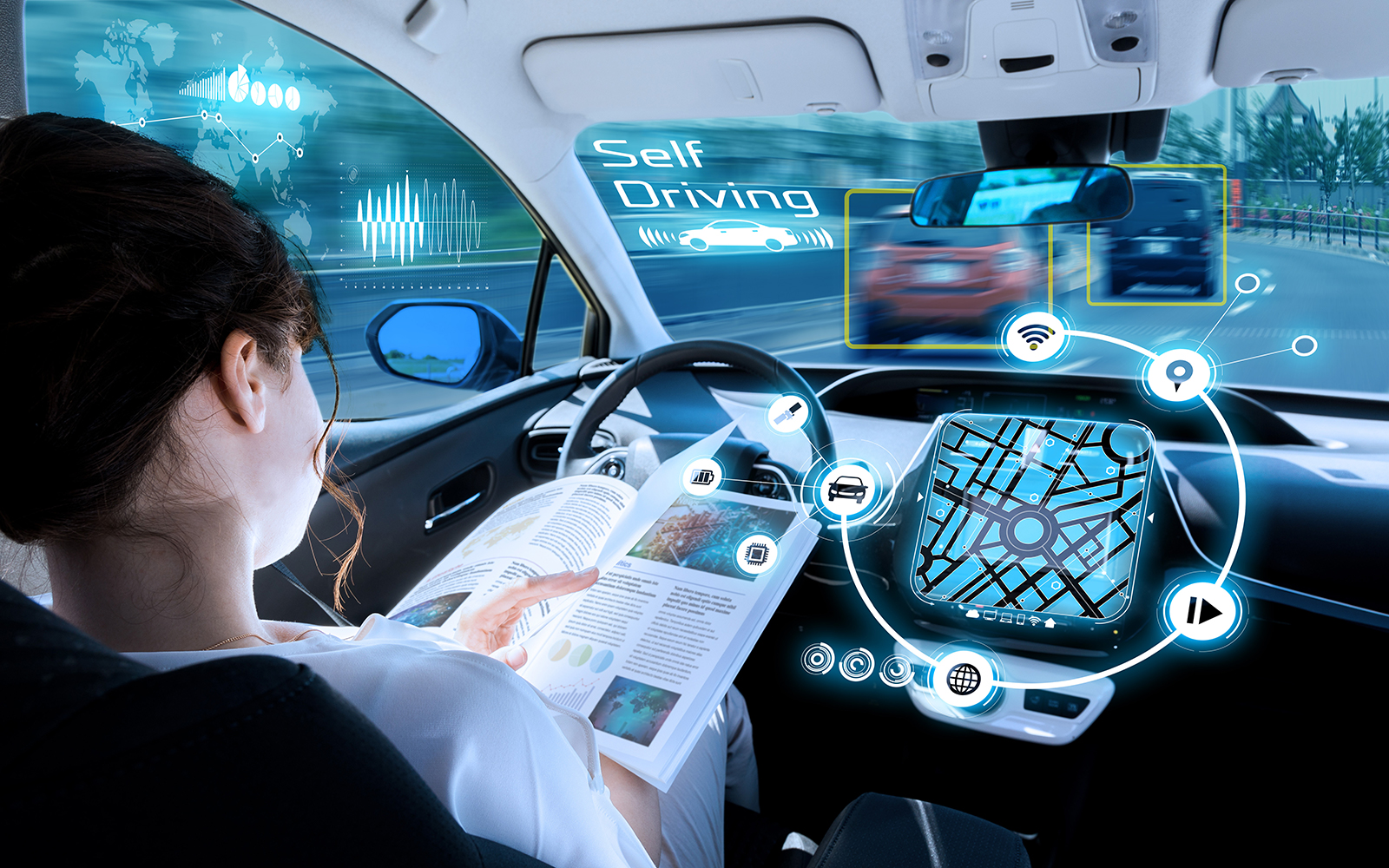Insightful Perspectives
Explore a world of engaging news and informative articles.
When Cars Become Drivers: The Future of Autonomous Adventures
Discover the thrilling future where cars take the wheel! Unearth the adventures of autonomous driving and what it means for you.
How Autonomous Vehicles Will Revolutionize Road Trips
As we stand on the brink of a transportation revolution, autonomous vehicles are set to dramatically change the way we experience road trips. Imagine a future where your car takes the wheel, allowing you to relax and enjoy the journey with friends and family. With advanced systems that navigate and adapt to different driving conditions, these vehicles could combat fatigue and reduce the stress often associated with long drives. Travelers would be free to engage in various activities, from reading and watching movies to enjoying scenic views and even sleeping while the car safely handles the trip.
The impact of autonomous vehicles on road trips extends beyond just convenience; it may also foster deeper connections among travelers. As passengers are freed from driving duties, meaningful conversations and shared experiences can flourish. Additionally, the ability to plan stops based on personal preferences and interests could allow travelers to explore new destinations and attractions they might have overlooked otherwise. This transformation not only redefines the essence of a road trip but opens up new possibilities for adventure and exploration in a world where self-driving cars become the norm.

The Ethics of Self-Driving Cars: Navigating Moral Dilemmas
The emergence of self-driving cars presents numerous ethical dilemmas that society must face. One of the most significant moral questions is how these vehicles should react in unavoidable accident scenarios. For instance, should a self-driving car prioritize the safety of its passengers over pedestrians, or vice versa? This dilemma is akin to the classic trolley problem, where difficult decisions must be made that can lead to tragic outcomes. As developers program the decision-making algorithms, they inadvertently imbue these vehicles with the moral values of their creators, raising concerns about bias and accountability.
Moreover, the integration of self-driving cars into our daily lives carries implications beyond accident scenarios. Responsible deployment involves addressing issues such as data privacy and the potential for job displacement among professional drivers. As the technology evolves, public trust becomes paramount; consumers must be assured that these autonomous systems will act ethically in all situations. Thus, navigating the moral dilemmas surrounding self-driving cars requires a comprehensive approach, involving not only technology and policy but also societal values and norms.
What to Expect from the Next Generation of Autonomous Driving Technology
As we look ahead to the next generation of autonomous driving technology, we can expect several transformative changes that will redefine the way we travel. One of the most significant advancements will be in artificial intelligence and machine learning, enabling vehicles to not only navigate complex environments but also to learn from their experiences. This means that autonomous cars will become increasingly adept at understanding traffic patterns, recognizing pedestrians, and responding to unforeseen obstacles, all while ensuring the highest levels of safety and efficiency.
Moreover, the integration of vehicle-to-everything (V2X) communication will play a crucial role in the evolution of autonomous driving. This technology allows cars to communicate with each other, as well as with infrastructure, such as traffic signals and road signs, creating a more cohesive and informed driving ecosystem. As a result, we can anticipate a future where traffic jams are reduced, fuel efficiency is optimized, and the overall driving experience is enhanced. Ultimately, the next generation of autonomous vehicles promises to revolutionize our daily commutes and urban transportation systems.